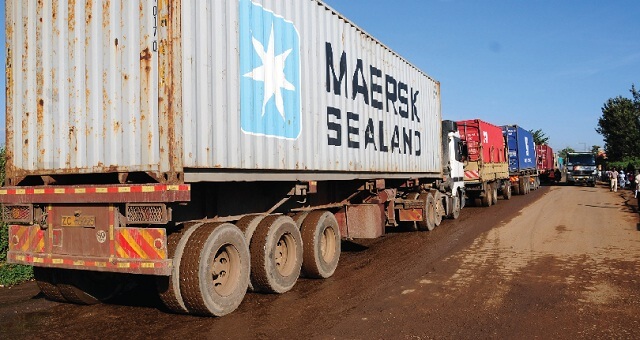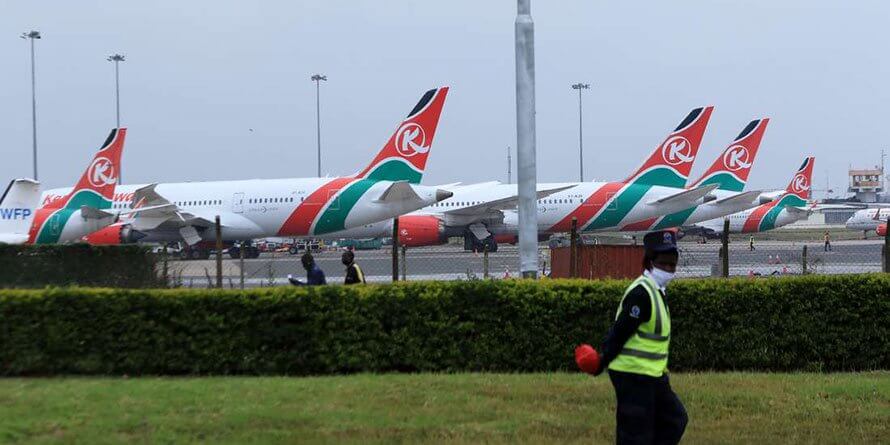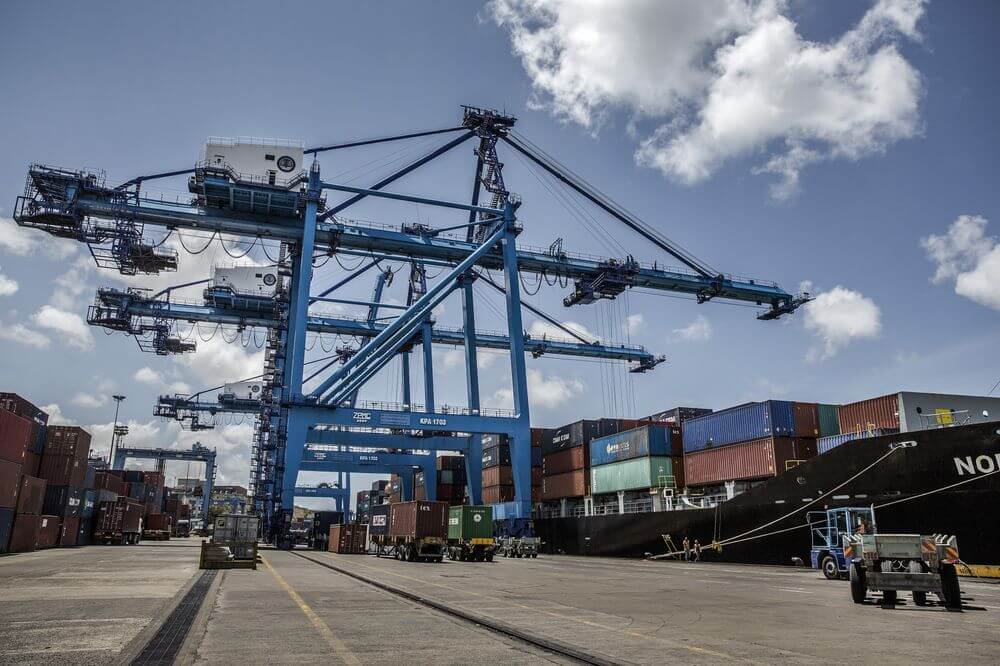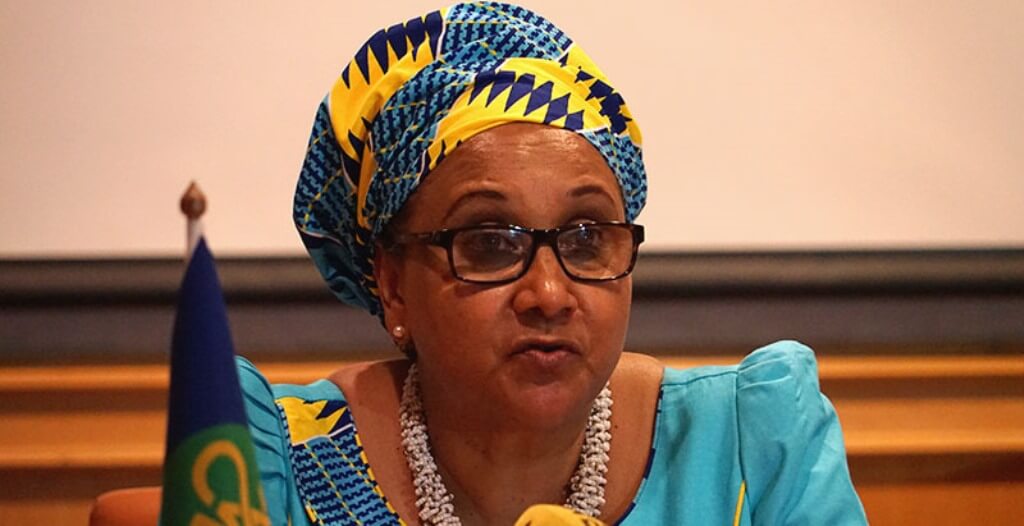ADDIS ABABA, Aug. 6 (Xinhua) -- Executive Secretary of the United Nations Economic Commission for Africa (ECA), Vera Songwe, on Thursday emphasized the need to boost intra-Africa trade in order to augment Africa's share in the global trading platform. The ECA chief made the urgent call during a virtual meeting on African perspectives on the World Trade Organization (WTO) and prospects for regional trade cooperation on Thursday, as she emphasized the need to strengthen trade among African countries. "Africa's trade in the global community was 2 percent two decades ago. We are still at 2 percent despite having joined the World Trade Organization (WTO) and having more countries that trade outside the continent more," Songwe told the virtual event. "Let's develop our productive capacity to transform our goods from raw commodities," the ECA Executive Secretary added. According to Songwe, when Africa trades with itself, it creates more value, and whenever it creates more value, it creates more wealth and reduces poverty. "The Africa Continental Free Trade Area (AfCFTA) Agreement offers countries opportunities to develop regional value chains and increase competitiveness in the global markets," she said. Songwe also noted that African countries are "driving a solidified trade voice and a resoluteness to implement the AfCFTA." "This renewed and reinvigorated approach to trade is necessary for economic growth and job creation on the continent," she stressed. The AfCFTA offers a new hope and continental exhilaration in terms of boosting intra-African trade, facilitating Africa's development and industrialization. According to the ECA, once...
Roundup: UNECA chief calls for boosting intra-Africa trade to augment share in global trade
Posted on: August 11, 2020
Posted on: August 11, 2020
























